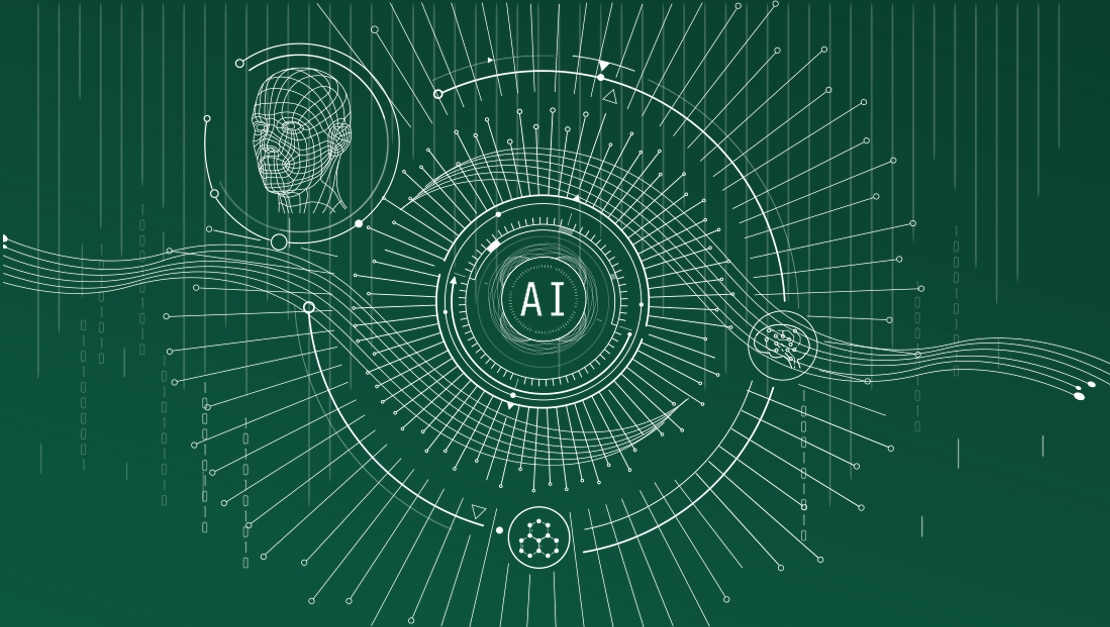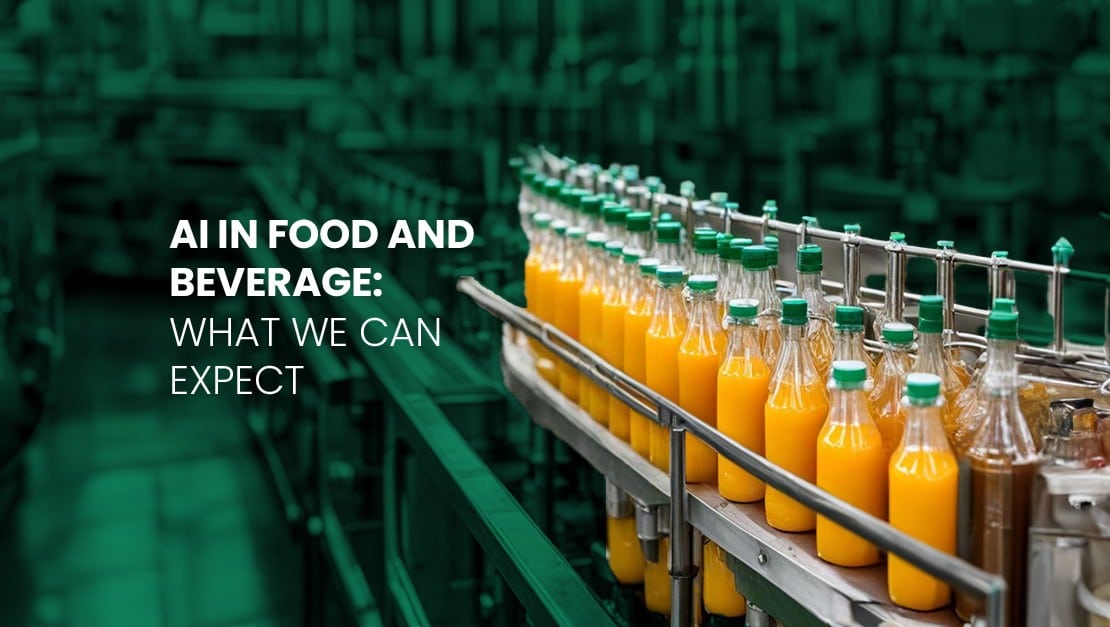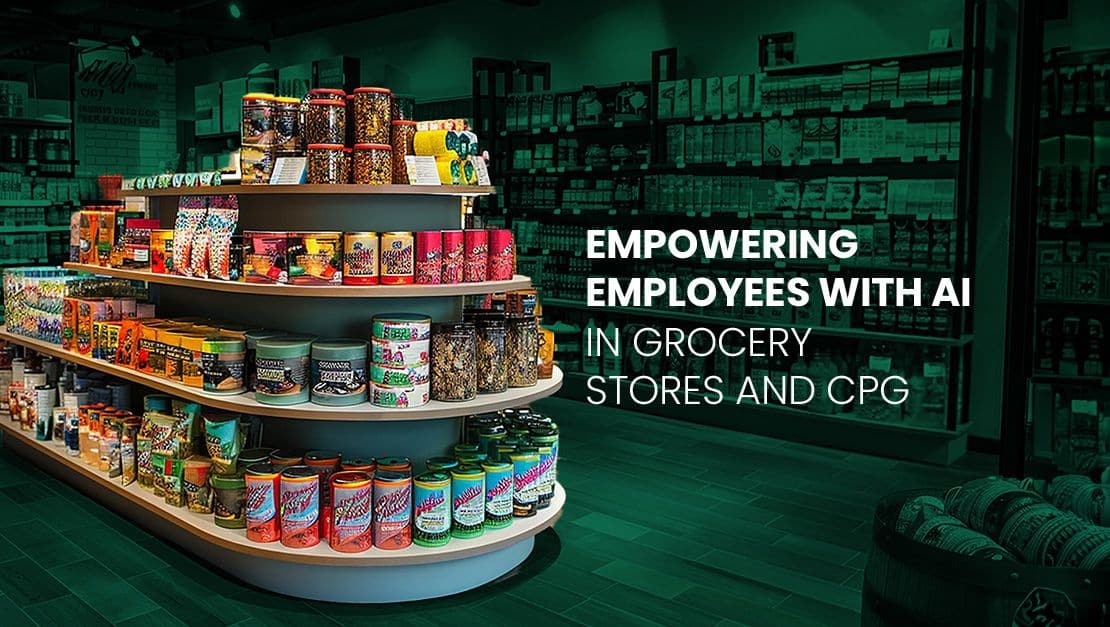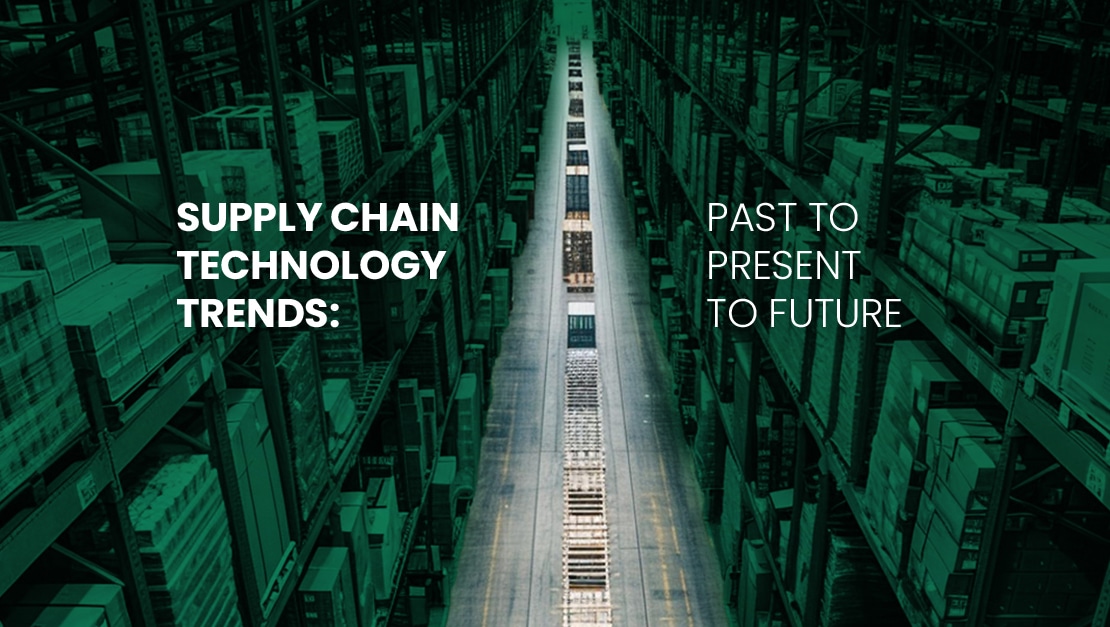The way we work is shifting. New technologies, global trends, and evolving societal norms are changing our approach to working. As we begin to navigate this new landscape, it’s important to take notice of the key work trends that are shaping this transformation to better understand how they impact jobs, industries, and organizations.
Whether it’s the increased demand to work remotely or the rise of artificial intelligence (AI) and automation, the future of work is likely to be both promising and challenging. New technologies and norms give way to new challenges, but facing those challenges can lead to unique opportunities for innovation.
In this blog post, we’ll examine emerging trends in the future of work, the implications of working with AI and workflow automation solutions, future work models, and more.
The Evolution of Work Over the Ages
The way we work is constantly evolving with the times. From manual labor involving primarily agriculture in ancient societies to the industrial revolution bringing mechanized tasks to our workforce, humans are constantly adapting to new technologies and innovations.
In the 20th century, we saw computers and eventually the Internet influence how we work and enable the creation of new companies and technologies. This digitalization continues to shape how we’re moving forward in the way we work. In addition to the digitization of work, globalization has transformed economies and helped global workforces work together, paving the way for more competition and new markets and talent pools.
Now, we’re on the brink of yet another shift due to leaps and bounds in the technologies we work with. AI, automation, and machine learning (ML) have the potential to streamline even more work processes and make processes more efficient, ushering in a new era of digital transformation. Still, they also raise valid concerns about job displacement and the need for adaptability and upskilling.
What Is the Future of Work? Trends To Look Out For
Thanks to the emergence of new technologies along with shifting expectations in the way we work is undergoing a profound transformation. A few key trends are driving this evolution and helping redefine what it means to work flexibly and with advanced technologies. Let’s explore a few of the most impactful trends shaping the future of work.
Flexible Work and the Gig Economy
Work is becoming more flexible. Employees want more flexible work arrangements to maintain a more sustainable work-life balance, and companies are increasingly working with freelancers or independent contractors to fill certain needs. This trend will create more flexibility for employees and gig workers to choose their hours and projects while also allowing businesses to access workers on demand with more specific skills.
Emergence of Remote Work
There’s no denying that the COVID-19 pandemic accelerated the shift to remote or hybrid work. After the peak of the pandemic subsided, some companies returned to working from offices as usual. In contrast, many others embraced hybrid and remote work as a long-term strategy as it’s more attractive to potential employees. Remote work offers many benefits like cost savings, access to a wider pool of talent, and better employee satisfaction.
Skills Revolution and Lifelong Learning
With new advances in technology, employees need to be constantly learning to keep up. The rise of automation and AI in the workplace is automating many routine and manual tasks. While this frees up a lot of employee time to focus on more creative tasks, it’s also creating a need to continuously upskill and reskill employees so that a company remains competitive. Not only that, but employees want to learn new skills in order to continuously evolve with market needs themselves, creating a future of work that requires a focus on investing in employee education.
AI, Automation, and the Future of Work
One of the most transformative trends shaping the way we’ll work in the future is how AI and workflow automation will play a role in our daily tasks. Both technologies offer unprecedented opportunities for innovation, growth, and efficiency, making them essential tools for organizations looking to stay ahead. Let’s take a closer look at the role of AI in the future of work and the potential implications it will have on employees and organizations.
AI Will Drive New Job Creation
While many think AI will lead to job losses, it’s also expected to drive new job creation thanks to roles that leverage AI technologies. According to The Future of Jobs report, 49% of respondents believe AI will create more jobs. As companies adopt more AI and automation tools, they’ll need skilled workers who can continuously implement and maintain various AI systems. Additionally, research into AI development will be more in demand as more companies emerge to create new AI automation technologies.
AI and Automation Will Boost Employee Performance
AI solutions have the power to automate repetitive tasks, enabling workers to focus more on strategic and creative projects. By quickly and accurately analyzing large quantities of data, AI can help free up a lot of time on employees’ plates. Additionally, with the data it analyzes, AI can provide valuable insights to inform decision-making and increase productivity. In this way, AI works alongside humans to improve work performance, not replace it.
AI Skills Will Be Sought After
According to an AI in Hiring 2024 Survey, 78.9% of respondents believe that there will be an increase in the importance of AI in the workplace. As AI becomes more and more of a necessary skill in the workplace, AI-related skills will be in higher demand. Skills related to the development, implementation, and management of these technologies will be sought after, so companies will look for candidates with experience working with AI technologies like ML, natural language processing, and robotics. Gaining AI-related skills will be important for job seekers who want to remain competitive in the future job market.
Future Work Models
As work undergoes a shift, new working models are emerging that challenge traditional paradigms and create the space we need to embrace innovation and collaboration. Advanced technologies, new societal norms and expectations, and the evolving nature of work itself drive the future of work models. Here’s a look at some future work models to expect.
Future Work Models
- Hybrid work structures: Hybrid work models that combine the flexibility of remote work with the benefits of in-person collaboration will be more in demand as employees want the option to work from anywhere. To stay competitive, companies will need to adopt flexible policies that give employees more freedom.
- Human-robot collaboration: Advancements in AI and robotics are freeing up employees to focus on more big-picture tasks, enhancing productivity and efficiency in many industries. This collaboration will play an increasingly integral role in how we work in the future.
- AI and the future of work and data literacy: With the rise of big data analytics and AI, companies can access high-level insights to inform decision-making, optimize processes, personalize customer experiences, and anticipate market trends. Data literacy will be a critical skill moving forward, enabling employees and organizations to leverage data to drive innovation.
Challenges and Opportunities in a Changing Work Landscape
As the landscape of work goes through a shift, several unique challenges and opportunities arise. If left unaddressed, the challenges can impact a business’s successful adoption of new technologies. However, if confronted head-on, they can evolve into opportunities for innovation and entrepreneurship, creating new pathways for growth. Let’s explore a few of the key challenges and opportunities.
Inequality and Access to Work
One of the main challenges when we look at the future of work is the risk of inequality. As we rely more heavily on new technologies, we run the risk that certain groups with a lack of skills or access to these technologies may get left behind. When companies and industries take steps to address these technological gaps in diverse communities through training, education, and policies that promote inclusivity, diversity, and accessibility, they’re better able to ensure that a new work paradigm doesn’t further widen socioeconomic and education gaps.
Human Value in a Digitized World
While on the surface it may seem like AI and automation solutions are set to phase humans out of their jobs, in reality, they’re paving the way for employees to work at more meaningful tasks while removing menial work. While these tools help immensely in productivity, they can’t replace human creativity, empathy, and critical thinking. Companies who want to promote an employee-first environment need to focus on honing these essential skills in their employees to ensure work remains meaningful as we continue to rely on more advanced technologies.
New Opportunities for Innovation and Entrepreneurship
The future of work is full of exciting opportunities that can foster greater innovation and entrepreneurship. Emerging technologies are carving out entirely new industries and jobs while transforming existing positions, all of which lead to new business models and growth opportunities. Entrepreneurs who can easily adapt to these constant changes while harnessing the power of new technologies are in a good position to succeed in a changing work environment.
Looking Ahead to a Resilient Work Future
As we look ahead to the future landscape of work, it’s impossible to tell with absolute certainty which work trends will stick, which won’t, and which new ones will emerge. However, based on current trends, we can make preparations now that will safeguard our businesses and make them easier to adapt, like offering flexible work models and implementing training practices for ongoing employee education.
When it comes to the future of AI and automation in different industries, the transformation is already taking place. aiOla, a speech technology that can trigger automations through spoken language and gather important data, is already changing the way employees work in industries like food safety, fleet management, and manufacturing. As an easy-to-use technology that’s activated by speech, there isn’t a significant employee training period, making it simple to implement into any business to make digital transformation easier to adopt.
Book a demo with one of our experts to see how aiOla works in action and how it can help you future-proof your business.








